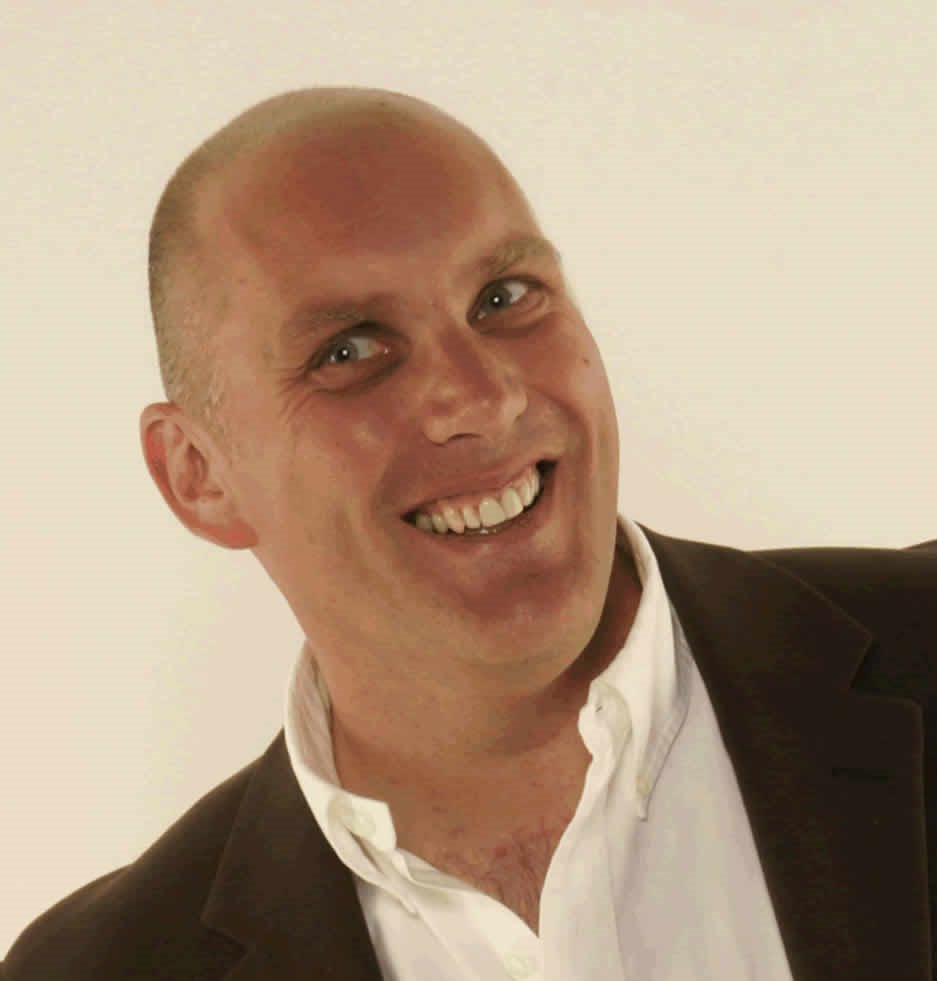 Polly Toynbee was on Start the Week on Radio 4 this morning. Andrew Marr was asking his guests to make predictions about the year ahead.
Polly Toynbee was on Start the Week on Radio 4 this morning. Andrew Marr was asking his guests to make predictions about the year ahead. Monday, 31 December 2007
Polly Toynbee
 Polly Toynbee was on Start the Week on Radio 4 this morning. Andrew Marr was asking his guests to make predictions about the year ahead.
Polly Toynbee was on Start the Week on Radio 4 this morning. Andrew Marr was asking his guests to make predictions about the year ahead. 500 Binge drinkers admitted to hospital every day
 This story about the number of drink related admissions to hospital made the front page headline in the Daily Telegraph today.
This story about the number of drink related admissions to hospital made the front page headline in the Daily Telegraph today. "Conservative Parliamentary Candidate for Mid Dorset and North Poole, Nick King, is putting forward a clear agenda to deal with alcohol fuelled anti social behaviour in the area.
Nick, a member of Dorset Police Authority says: “Much of the problem comes from the inappropriate sale and use of alcohol. Alcohol costs too little and is therefore too freely available, too much ends up in the hands of young people. I’m proposing measures that will tackle the cause of the problem rather than spending money on dealing with the symptoms.”
Nick’s proposals include the following:
- Extend the prohibition of alcohol consumption to all unlicensed public spaces.
- Give police the power to confiscate alcohol.
- Place a levy on town centre bars and clubs to pay for additional policing.
- Impose minimum pricing on alcohol sold through shops and supermarkets.
Nick explains: “We have to get away from a culture that says drinking in public is acceptable. We need also to give the police and local authorities powers to control where alcohol is consumed, to make areas alcohol free and allow the use of others at certain times.”
For me the most important part is the last one. Drink is readily available and often sold at a ridiculously low cost. Locally we are lucky that our local authority licensing teams work well with Dorset Police to maintain a standard minimum price per alcohol unit sold through bars and clubs. This stops many of the irresponsible practices that encouraged dangerous drinking, such as the 'one charge for all you can drink' evenings.
Friday, 7 December 2007
Success for Parkwood Road
However, back in 2005, the chairman of Wimborne Minster Town Council's Planning and Environment Committee, Cllr Michael Hodkinson, raised the issue with Dorset County Council and called for double-yellow lines to be installed along the majority of the road to alleviate these problems. He began to compile evidence and photographs, and then in early 2007 Cllr Richard Booth joined Michael's campaign and began to canvass residents along Parkwood Road to ascertain their levels of support for such a scheme. Nearly everyone backed Michael and Richard's campaign.
This was passed onto Dorset County Council and now action will be taken. The installation of double-yellow lines has been sanctioned and copies of these plans can be found in the Wimborne Minster Town Hall.
I am pleased that this situation will soon be resolved, but in the future I will be ensuring that such processes are handled with more attention and efficiency by Dorset County Council – clearly too much time passed between the issue being identified and positive action being implemented by the County Council.





